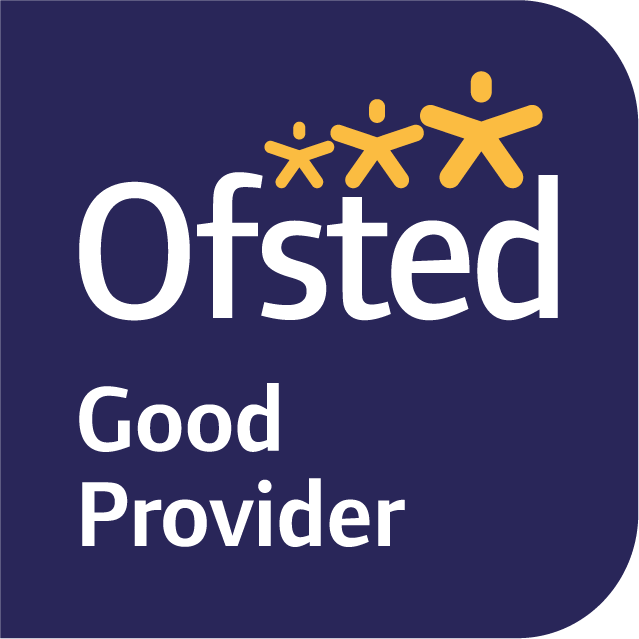Computing
Children at Pashley are given the opportunity to develop their fundamental skills, knowledge and understanding in Computer Science, Information Technology and Digital Literacy. This gives them the building blocks that they will continue to build on in KS2.
Computing and technology has “deep links with mathematics, science, and design and technology” (from The National Curriculum) and can be incorporated in all subject areas. At Pashley, we aim to provide children with a curriculum that is enhanced by the use of technology in all areas. All Year groups use a range of interactive toys and machines as well as a Year group set of iPads. These are used in and out of class to enrich the learning experience and provide opportunities for computing in a cross-curricula way. For example, in Year 2 the children use the Purple Mash suite of apps in order to create and recreate artworks using the styles of artists they learn about in their Start With Art project. They also compose their own music using digital tools, whilst learning about the structures and language of music. In Year 1, for example, children use programs to represent statistical data in the form of pictograms and spreadsheets as part of their maths learning. Children across all Year groups learn how to save, and retrieve, the work that they create.
At Pashley, the children also learn the basics of Computer Science, which is concerned with how digital systems work and how to put this knowledge to use through programming. They learn both with, and without, computers about instructional language and how this relates to the algorithms needed to code a machine. For example the children at Pashley explore giving and following instructions to build Lego models, or navigating a maze. They continue to develop these skills through each Year group, and apply these in coding simple computer programs.
In EYFS, the children explore a range of technology to help them understand their place in a world dominated by tech. Children use technology such as digital cameras, audio recorders, iPads, phones (smart or otherwise) and simple, programmable robots such as Bee-Bots. As they play with these devices, children form their own understanding of how these work, sometimes through talking, or asking a grown-up, but more often through play. Early Years teachers provide an environment in which children can build up an understanding of the world through play. They help children to be curious about technology in real world contexts: for example, what happens inside the photocopier? What happens when Mummy puts her card in the machine outside the bank? Giving children the opportunity to do jigsaw puzzles or copying patterns also encourages them to follow instructions and debug, which begins them on their journey in computational thinking.

